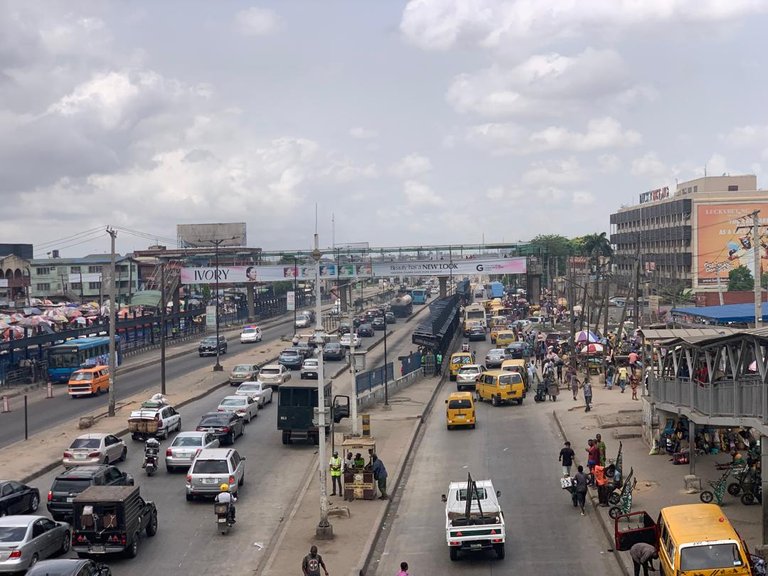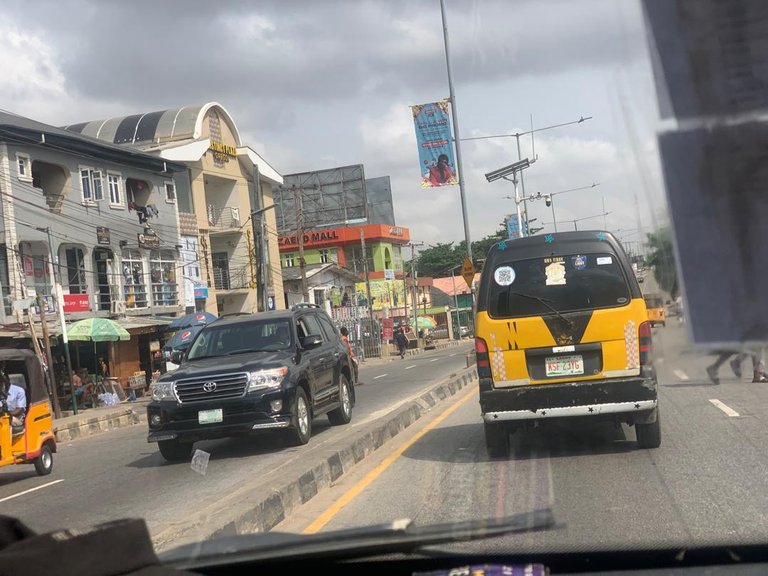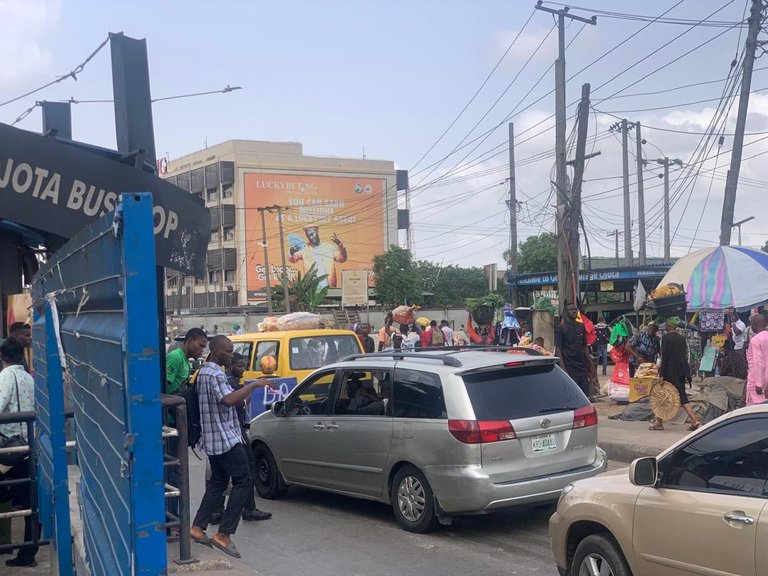Living in an urban city has taught me many things; I said so because I have lived in different cities in Nigeria. Lagos, Abuja, Benin, Sokoto, Abeokuta, Mars, and so on. There are big differences in this city, and one of the things that shows the difference is the population of people that live in the cities.

It is a good thing when a family has at least one car because it makes movement around the city very easy, going to the market, church, and other places, but the idea of "one family, one car" might bring discomfort to the families that can afford as many as they want and who don't like to share.

On one hand, implementing such a rule could have several advantages, particularly in terms of reducing carbon emissions and promoting environmental sustainability. I am a big fan of protecting our environment, and I can tell you that in Lagos City, especially, the people there are not trying to protect the environment because almost everyone wants to get a car, many people own cars, and people don't even want to take public buses that would, in a huge way, reduce the numbers of cars we have on the road. By limiting each family to owning just one car, the overall number of vehicles on the road would decrease, leading to lower levels of air pollution and a healthier environment for all.


Furthermore, having fewer cars on the road could potentially ease traffic congestion, making commuting more efficient and less stressful for everyone. Families might also be encouraged to explore alternative modes of transportation such as public transit, biking, or carpooling, which could have positive effects on both the environment and community engagement.
However, it's important to consider the potential disadvantages because, for every advantage, there is always a disadvantage. For many families, especially those living in rural areas or with limited access to public transportation, owning a car may be a necessity rather than a luxury. If the "One car, one family" policy is held, it will not only affect people in the city but also people living in the rural area. One thing you should note is that public transportation hardly reaches the rural areas; their main focus is in the urban area because that's where they make most of their money.


If a man in the rural area goes out with the car to work and his family is in need of a car urgently, they might find it very hard to get a public bus, book a ride, and something bad might occur during the wait for the arrival of their one car.
Additionally, implementing a "One Car Per Family" rule may impact individual freedom and autonomy, as families may feel constrained by government regulations on their personal choices and lifestyles. A quick question: "Does this mean I have to start my own family before I can own a car? Is there a certain age a person must get to before he can get a car? If a lady decides not to marry, will she still be considered to be part of her paternal family?
Questions like this make the policy of "One Family, One Car" questionable.

Now, the biggest question of this blog is, whose blog did you just read? A quick introduction: My name is Fashtioluwa, Hive's favorite alien from Mars. One good thing on my planet is that we don't drive cars; we fly. Have a great day.
All images are mine

